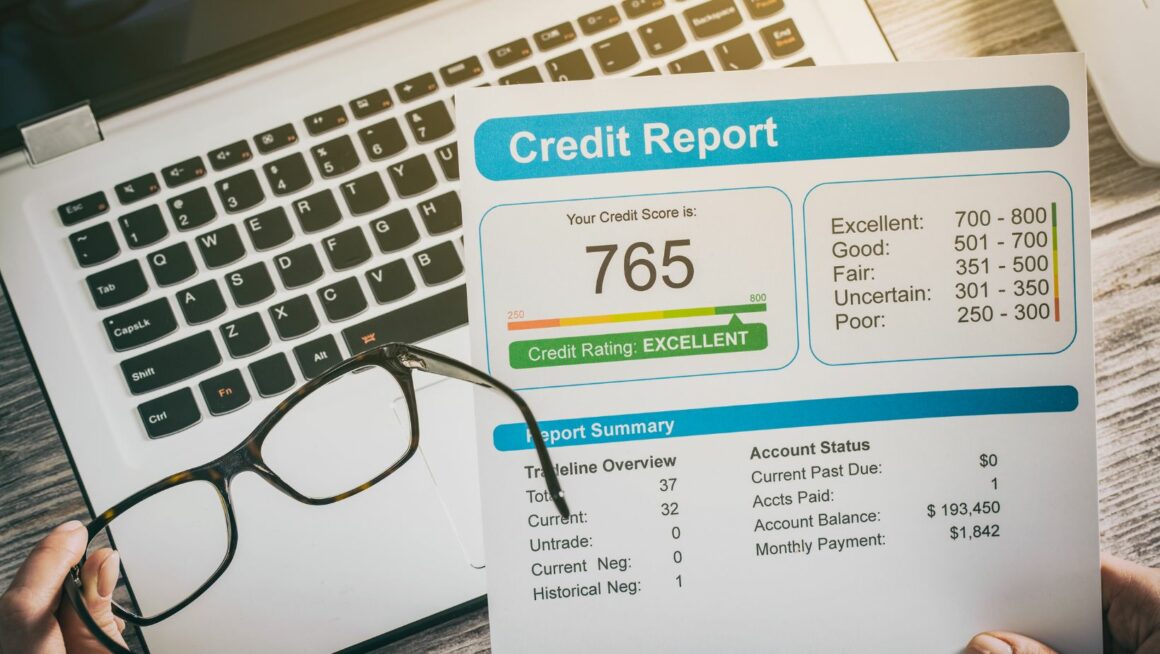The Fair Credit Report Act, or FCRA, is an act that was signed into law back in the 1970s. Its purpose is to limit how long information can show up in someone’s credit report. This gives consumers protection, especially if they made mistakes with credit in the past but have since improved their credit standing.
One of the more notable aspects of this act is the FCRA 7 year rule, which ensures that some information falls off someone’s credit report after seven years. That said, there’s a lot more to learn about the Fair Credit Report Act and this seven-year period. Fortunately, we have you covered and take you through everything you need to know in this article.
What Is the FCRA?
The FCRA refers to the Fair Credit Reporting Act. This is an act that was enacted back in 1970 with the purpose of protecting people’s privacy. What’s more, it ensures that any information reported by consumer reporting agencies is accurate and current. Essentially, it’s there to put limits on what’s available to the public and for how long in the interest of protecting the consumer.
It’s also important to note that the FCRA is a federal law. Therefore, states have to follow its guidelines. However, some states may follow them in different ways, so it’s important to learn more about how your local area handles the FCRA.
What Is the FCRA 7 Year Rule?
The FCRA 7 year rule refers to a rule within the act that prohibits negative information from being reported after seven years. Basically, its purpose is to ensure that things like late payments, charge-offs, and some things in collections aren’t available after seven years. This can improve a consumer’s credit score and increase their chances of being approved for a loan.
While the FCRA 7 year rule limits the reporting of derogatory marks after seven years, it doesn’t apply to everything. For example, bankruptcies will show up for at least ten years.
How to Check Your Credit History

While the FCRA 7 year rule is supposed to ensure that information is removed from your credit report, unfortunately, sometimes this doesn’t happen. What’s more, you may not know how long ago something happened so it helps to know when it was last reported. Learn more about how to check your credit history below.
Check Your Credit Score
One of the best ways to check your credit history is to check your credit score. Your credit score is a culmination of your credit history, so if something seems off, you may want to dig deeper.
You can also find a lot of information by viewing your credit profile with the major credit bureaus like Experian, Equifax, and TransUnion. These bureaus will hold more detailed records and you can find them by creating an account and visiting their websites or by using their apps.
FreePeopleSearch.com
Checking your credit score and viewing information directly from credit bureaus is helpful but it doesn’t always tell the full story. This is because you may have different records that impact your eligibility for a loan or you may have a bankruptcy that happened a long time ago. Plus, jumping around to all three bureaus and scanning your records can take a long time.
This is where FreePeopleSearch comes into play. It’s a comprehensive public records search tool that helps you find all available public records. All you need to do is enter your information into the search tool and then open the comprehensive full report. Within this report, you’ll find a collection of all public records associated with you in one convenient place.
The best part is that you’re not limited to financial records. In fact, you can find criminal records, social media accounts, and much more.
Understanding the FCRA 7 Year Rule
The FCRA 7 year rule is one of the most important credit history rules to know. This is because it protects you from creditors and lenders seeing derogatory marks that are more than seven years old, which improves your chances of being approved for a loan or offered a line of credit.
That said, it’s always important to check your records before applying for a loan or credit line just in case there are any discrepancies. Therefore, make sure you always keep an eye on your credit score and periodically check your records with a reliable tool like FreePeopleSearch.



